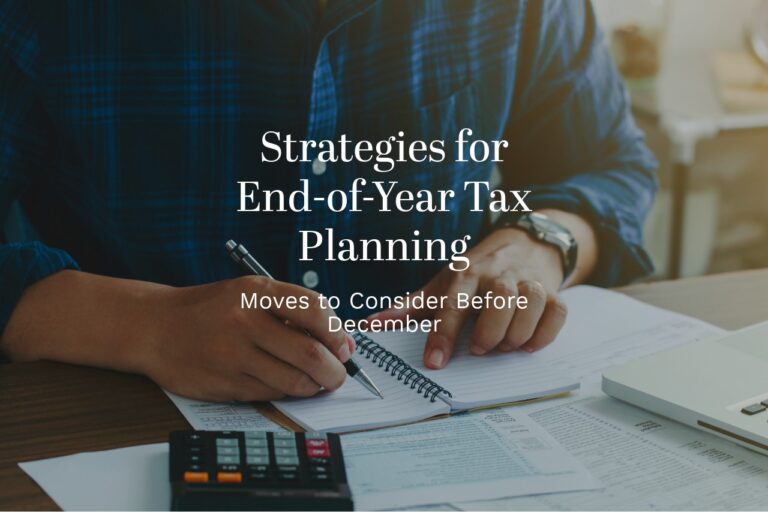Are You Ready to Harness New Financial Opportunities in 2023?
As the end of one year rolls into the beginning of the next, you may be too distracted by the ball dropping to focus on setting money goals. However, this is the ideal time to make financial resolutions that will be actionable in the New Year. Whether you hope to focus on retirement planning, investing, purchasing a vacation home, or any of the other myriad money goals that may be on your mind, the following seven tips can help you start setting financial goals that will serve you well.
1. Start Where You Are
Identifying where you want to go is critical but understanding where you are in the present is a crucial first step in setting money goals. Taking comprehensive stock of your financial status might seem overwhelming at first – sometimes just the thought of digging into your financial health can make you want to avoid doing the work – but it doesn’t have to be stressful.
Start small by answering a few questions about your situation. If there are concerns to address, you can problem-solve to find your way forward. And who knows—you may be pleasantly surprised to find that you’re nearer to accomplishing some of your goals than you realized.
2. Set (And Stick To!) a Budget
The next step for setting money goals is to create a budget if you aren’t using one already. There are many tools to help you pick a strategy that’s right for you. Whatever you choose, it’s important to do your homework before you start. You’ve already done the necessary to assess your current financial situation. Next, ask yourself why you’re budgeting. Whether your money goal is to save for a future event, to give your family a firm foundation, or simply to feel more secure—knowing your why can be a helpful motivator in setting and keeping your budget.
3. Pay Off Debt and Keep It Down
Getting out of debt can feel daunting, but it may be easier than you think to overcome this obstacle. If you’re setting money goals for the new year with an eye toward erasing a debt or two, you may want to consider the avalanche debt strategy, i.e. tackling high-interest debt first so you can save more in total interest over time. The snowball approach is another popular option. It helps you build momentum by paying off your smallest debt first and working your way up to larger debts. There’s no one-size-fits-all approach, but having a plan that fits your needs is the most important consideration.
4. Keep Long Term Goals in Mind
It’s valuable to plan for the coming 12 months but setting money goals isn’t just important in the short term. Retirement is coming, and the best way to ensure you have what you need is to save as much as you can today. If you don’t know exactly how much you’ll need to save or what you need to do to get there, you can calculate whether or not you’re on track.
5. Stick to Your Plan
All the work you put into your financial goal-setting won’t matter if you can’t stick with your plan, so avoid the “set and forget” approach. Make sure to check your accounts regularly so you can mark your progress and review your goals to make adjustments as needed. Stay organized in whatever way works for you—with a spreadsheet, an app, or a paper planner system. Remember, though, that a financial plan that looks great on paper may not work in real life. Make sure your strategies to achieve your money goals feel intuitive and manageable.
6. Plan for an Emergency
As the saying goes: expect the unexpected. Though you can’t know the future, financial emergencies are likely to crop up at some point in the course of your life. Setting up an emergency fund is a smart way to protect yourself against life’s curveballs – so don’t neglect to consider the “what ifs” as you’re setting money goals. Though any amount can help you get by when an unforeseen surprise comes with a high price tag, saving three to six months of living expenses will offer significant peace of mind.
7. Investigate Your Investments
First, if you’re not investing, make this your first order of business in the new year so that your money can go to work for you. If you’re already investing, make sure you take the time to look at where your money is and how to maximize your returns. If you haven’t built an investment strategy yet, make sure to include it when setting money goals this year and every year.
Illuminated Advisors is the original creator of the content shared herein. I have been granted a license in perpetuity to publish this article on my website’s blog and share its contents on social media platforms. I have no right to distribute the articles, or any other content provided to me, or my Firm, by Illuminated Advisors in a printed or otherwise non-digital format. I am not permitted to use the content provided to me or my firm by Illuminated Advisors in videos, audio publications, or in books of any kind.








